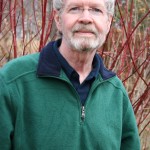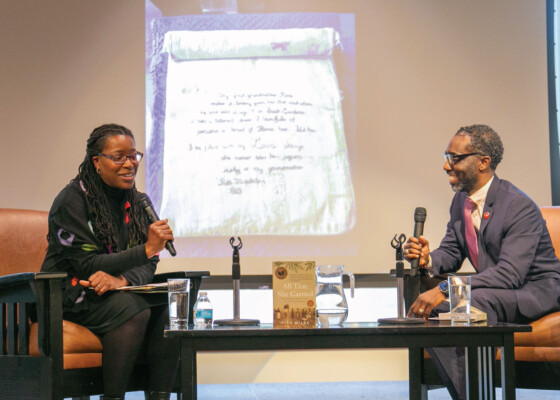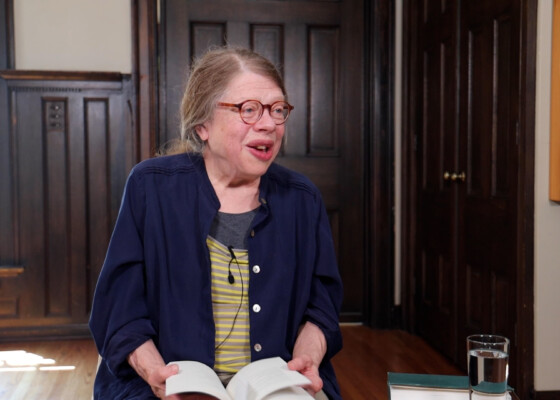Two Hundred and Six Bones
April 10, 2015The skin that hangs from this skeleton is cloud stuff: tree limbs on a hilltop seen from a moving vehicle—ineluctable like foxfire in nightwind, vanishing within seconds after sight. The…
The skin that hangs from this skeleton
is cloud stuff: tree limbs on a hilltop
seen from a moving vehicle—ineluctable
like foxfire in nightwind, vanishing within
seconds after sight. The tegument between
these bones feels right; tightened to keep
me strung high and low (cap a pe) from waist
to crown to toe and then below all things
connective like my lord’s puppet all unstrung.
Femurs found in a dig in Egypt; metatarsals un-
covered beneath centuries of dust in Mesopotamia
and parts of a skull in a helmet in a river in England:
all these things were once living and breathing:
creation’s transitive explosion of love
and here I still am in the middle of it all alive
and wondering how it all will end. The thigh
bone connected to the hip bone, the hip bone
connected to the love bone now hear the word
of the Lord. Or is it Darwin? Why must we
choose as if from a menu of entrees in the
bistro of history? Garden of Eden or Olduvai Gorge?
Cain and Abel or Australopithecus africanus?
Noah or Homo erectus? Revelation or walking fish?
Which? Or both, or none? Can anyone judge
or even begin to care? Too many questions
without enough answers. This is the way it
always must be. I can feel it in my bones:
all two hundred and six of them rattling around
in a cage of flesh—bone house, brain house, sea road
of muscle and fat waving us on into infinity’s mystery.
–Jack Ramey (Floyd County)
This poem previously appeared in the author’s Eavesdropping in Plato’s Café, 2015.

Jack Ramey’s poetry books include The Future Past, Death Sings in the Choir of Light, and Eavesdropping in Plato’s Café, which was released by Springwood Press in April and launched during the Poetpalooza at Village Lights Bookstore in Madison, Indiana, where Jack lives high on a hill overlooking the Ohio River. His documentary, William Blake: Inspiration and Vision, won an Aegis award for best educational film. He is an English professor at Indiana University SE.
Indiana Humanities is celebrating National Poetry Month by sharing a poem from an Indiana poet every day in April (hand-selected by Indiana Poet Laureate George Kalamaras). Check in daily to see who is featured next!


